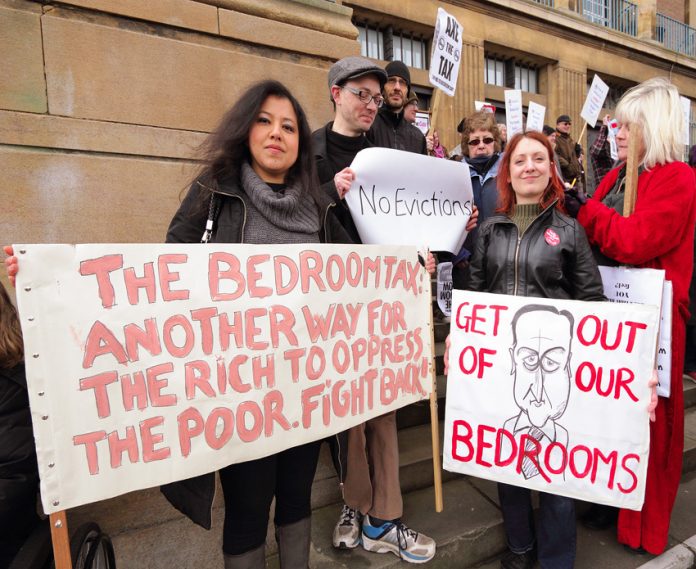AS parents face back-to-school costs, new research shows that they also face a growing struggle to provide a decent standard of living for their families in 2013.
Alison Garnham, Chief Executive of Child Poverty Action Group, said: ‘This research paints a stark picture of families being squeezed by rising prices and stagnant wages, yet receiving ever-diminishing support from the government over the course of the last year.
‘Child benefit and child tax credit have been cut at the very time families need them most. Families are getting worse off and parents know it.’
Katie Schmuecker, Policy and Research Manager at Joseph Rowntree Foundation, added: ‘Balancing family budgets has become a perilous and delicate act for hard-pressed parents. Flat lining wages, cuts to benefits and tax credits and the rising cost of essentials is creating a growing gap between income and needs.
Key findings from the research published today by Child Poverty Action Group and co-funded by the Joseph Rowntree Foundation are:
• It now costs a minimum of £148,000 in total to bring up a child to age 18 and meet their minimum needs, which cost around £160 a week (averaged for a child across all ages and including childcare costs and housing).
• The minimum necessary cost for raising a child rose by 4% in 2013, while safety net benefits for families and children only rose by 1%, the minimum wage rose by 1.8%, average earnings rose by 1.5%, and child benefit did not rise at all.
• The value of both child benefit and child tax credit relative to the costs of raising a child has decreased in the last year. Many low-income families have also seen cuts in housing support with the introduction of changes such as the ‘bedroom tax’.
• At the same time, working families have had to contend with rapidly increasing childcare costs (which have increased at 5.9% in the last year) while many non-working families are now required to pay council tax.
• Minimum wage families face a growing shortfall for the spending their children need. Families working full time on the national minimum wage now have only 83% (couples) and 87% (lone parents) of the minimum income needed to support their families.
• Families receiving out of work benefits face even greater shortfalls of income. Couple families receive only 58% of the income they require to cover minimum costs, while lone parents get 61%.
• The introduction of universal credit from October this year will have mixed results for families. However, for both couple and lone parents working full-time on the minimum wage, the new system will still leave them some way short of an acceptable standard of living.
• Families with children tend to fall lower down the income distribution scale and be at higher risk of poverty than those without. This is partly explained by the costs set out in this report. These additional costs hit families at the same time as ‘time costs’ and childcare costs prevent parents from earning more.
